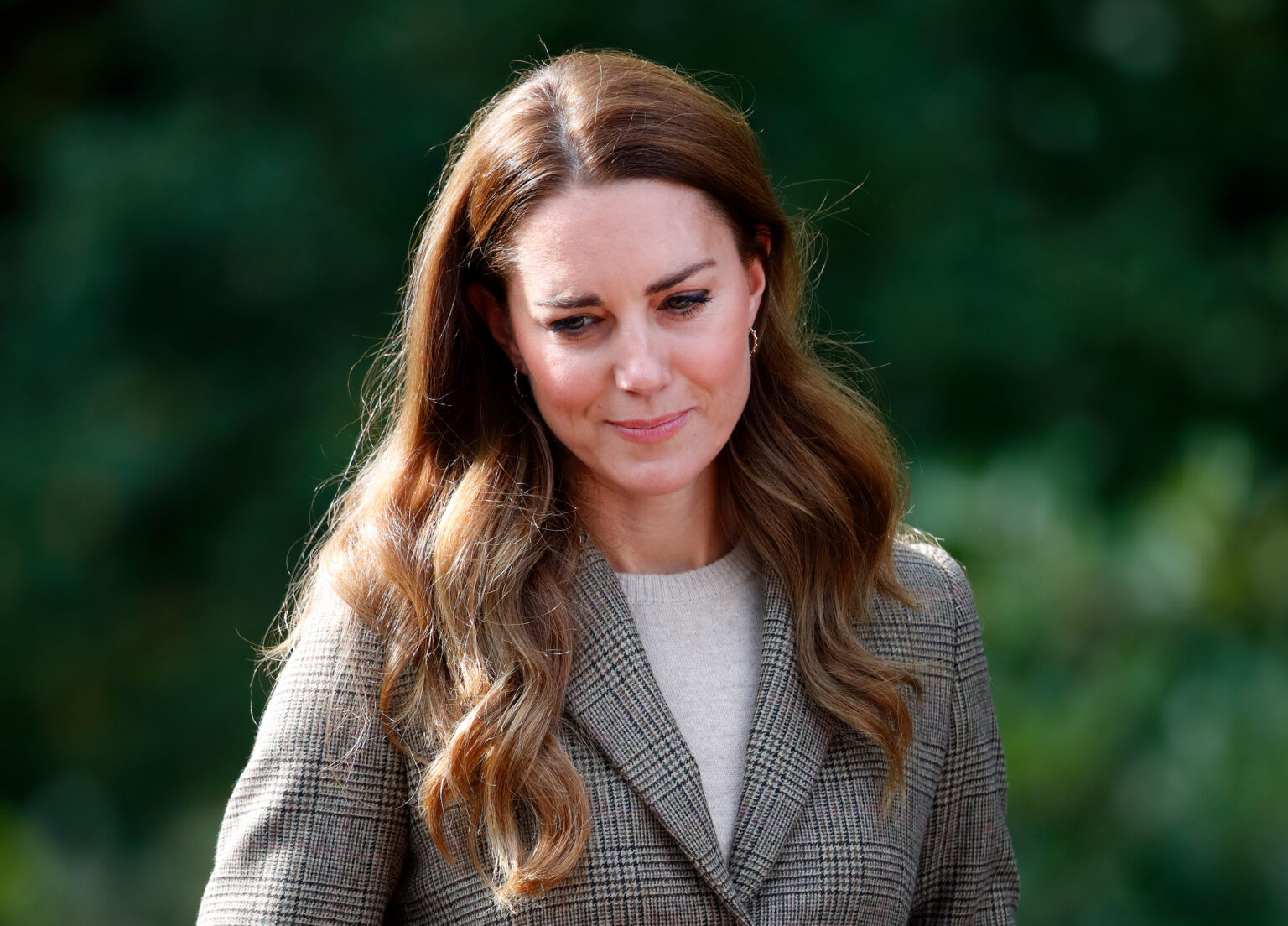Kate Middleton, the 42-year-old Princess of Wales, recently completed chemotherapy after being diagnosed with cancer earlier this year.
In a heartfelt video shared with the public, she reflected on the intense challenges her family faced during her treatment.
The Princess of Whales’s battle with cancer underscores a troubling global trend: The rise of early-onset cancers. A wave of recent studies indicate that more individuals under 50 are being diagnosed with breast, colorectal, and gastrointestinal cancers.
A study published by the American Cancer Society in the The Lancet Public Health journal analyzed nearly 24 million cancer patients diagnoses for 34 types of cancer. The study also analyzed more than 7 million cancer-related deaths for 25 types of cancer.
The statistical analysis found that those born in 1990 are two to three times as likely to be diagnosed with small intestine, thyroid, pancreatic, kidney, and renal pelvis cancers than those born in 1955. The American Cancer Society’s annual report also found that younger adults were the only group to see an overall increase in cancer rates from 1995–2020.
Of the cancer types reviewed in the study, breast cancer accounted for the largest number of early-onset cases. Meanwhile, gastrointestinal-related cancers saw the fastest rise in early onset diagnoses.
Colorectal cancer is now the leading cause of cancer death in men under 50. It is also the second-leading cancer-related death for women in the same age group. Cervical cancer is also on the the rise among women between the ages of 30 to 44.
The study bolsters a growing body of research indicating cancer among younger people is on the rise.
Last year, a team of international researchers found early-onset cancer rates had increase by an astounding 79% globally. They also found for age-standardized incident rates, the U.S. has the highest per-capita cancer rates in the world. The study was published in the British Oncology Journal in late 2023.
Researchers advocate for further investigation into the underlying factors driving these unnerving trends. They stress the importance of modifying known lifestyle and environmental risk factors to mitigate future cancer risk.
With shifting diagnostic trends, the medical world may need to revisit existing screening guidelines to prevent a growing number of early-onset cancer from going undetected.
Many young adults fall outside of current recommendations for routine cancer screening, such as mammograms and colonoscopies, which typically begin at ages 40 and 45, respectively.
Additionally, busy lifestyles and lack of health insurance can lead to missed doctor visits, preventing early detection. Consequently, some individuals are diagnosed with cancer at more advanced stages, making treatment more challenging.
These multi-study findings call for targeted interventions and funding to better address the unique needs of younger generations, who face an even larger cancer burden than their parents and grandparents.
Related: Study Finds Gut-Brain Connection May Play a Role in Parkinson’s Disease


